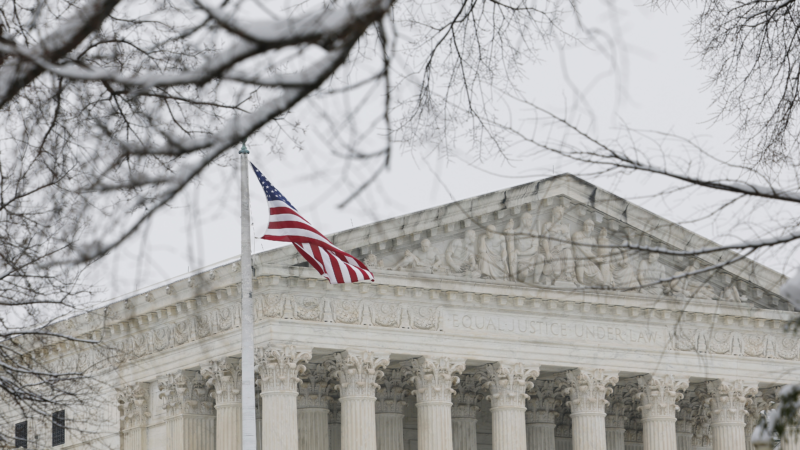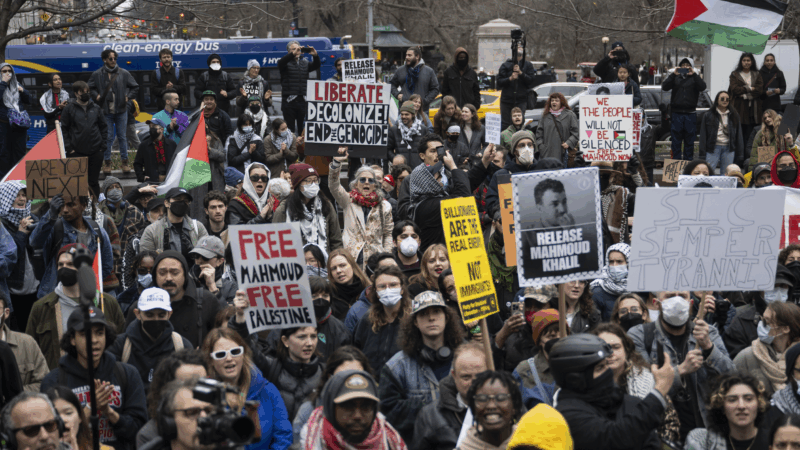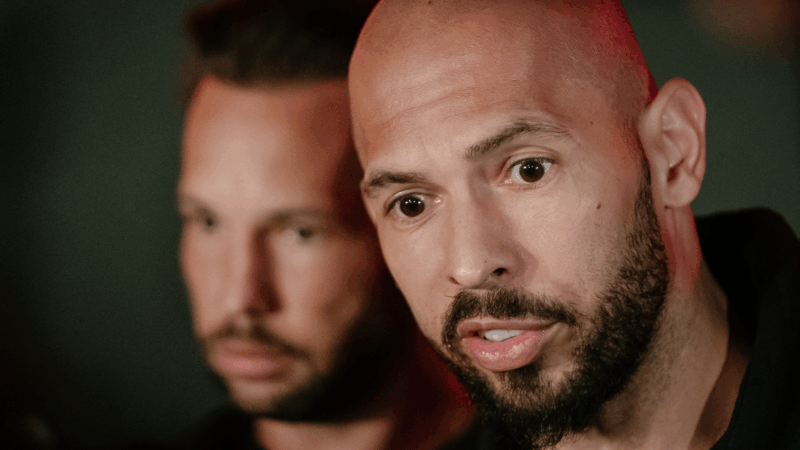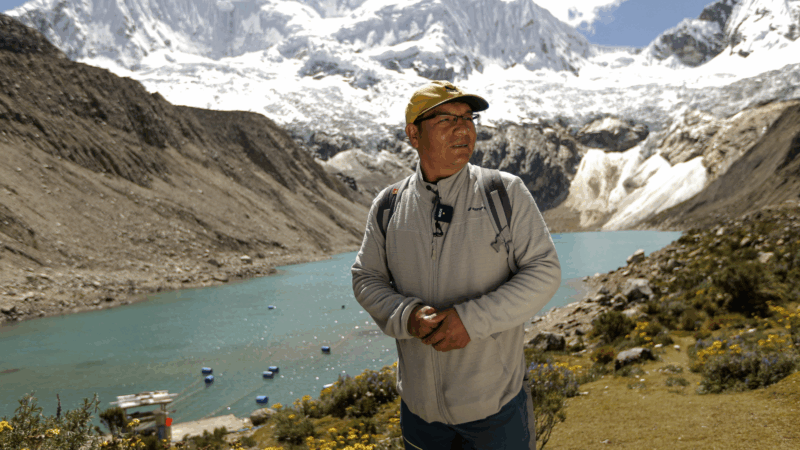Supreme Court punts on order that blocked Trump’s firing of special counsel
The Supreme Court on Friday kicked the proverbial can down the road regarding the Trump administration’s ability to fire the head of a key federal agency.
The court said it would not interfere with a lower court decision, which temporarily blocked the firing, until Feb. 26, which is when the lower court’s ruling is set to expire. Because of the short timing, the high court said it would hold the matter in abeyance, or suspension, for now.
This was the Trump administration’s first appeal to the high court in its many pending legal challenges.
Two of the liberal justices, Sonia Sotomayor and Ketanji Brown Jackson, noted their dissent and would not have entertained the Trump administration’s appeal at this point.
Conservative-leaning Justices Neil Gorsuch and Samuel Alito noted in their dissent that they would have granted the administration’s request to block the lower court order.
The dispute began Feb. 7 when Trump fired Hampton Dellinger, the head of the Office of the Special Counsel, an independent agency charged with protecting the rights of federal employees, including whistleblowers who report alleged misconduct inside the federal government.
The agency is no relation to the better-known Office of Special Counsel in the Justice Department.
Former President Joe Biden appointed Dellinger to the agency position in 2024. He was to serve a five-year term and, per Congress’ directive, could only be fired for “inefficiency, neglect of duty, or malfeasance in office.”
Dellinger challenged the firing in federal court, and on Feb. 12 a judge issued a court order that reinstated Dellinger’s job for 14 days while the judge considered the legal questions in the case.
This type of court order is typically reserved for urgent situations, and given its brief shelf life, it rarely can be appealed. Nonetheless, the Trump administration asked the U.S. Court of Appeals for the District of Columbia to make an exception, which the appellate court refused to do.
As a last resort, Trump asked the Supreme Court to block the court order, citing the need for emergency relief.
The Trump administration argued that Dellinger’s reinstatement interferes with the president’s complete power to determine who runs executive agencies. In the administration’s view, every day that Trump is unable to fill Dellinger’s position causes “extraordinary and irreparable harm” to the executive branch.
The current Supreme Court, dominated by a 6-to-3 conservative majority, has for years been dancing around this and similar issues but has never reversed the court’s 1935 precedent declaring that presidents may only fire such agency heads for cause, meaning bad conduct.
Trump administration cancels plans to develop a bird flu vaccine
The Department of Health and Human Services is ending a $766 million contract with the vaccine company Modern to develop an mRNA vaccine for flu strains with pandemic potential, including bird flu.
Federal trade court blocks Trump from imposing tariffs under emergency powers law
The ruling from a three-judge panel at the New York-based Court of International Trade came after several lawsuits arguing that Trump has exceeded his authority.
Judge says Rubio “likely” violated Constitution in ordering Mahmoud Khalil deported
But in a mixed ruling, Federal Judge Michael Farbiarz declined, for now, to order Khalil released from immigration detention.
Tate brothers face rape and trafficking charges in U.K.
British prosecutors have approved 21 charges against self styled misogynist influencers, brothers Andrew and Tristan Tate, including rape, assault, and human trafficking.
Shooting outside Jewish museum raises questions about shifts in political violence
If the suspect in the recent D.C. case planned to kill people because of their Jewish faith, this would represent a major anomaly in lethal, antisemitic violence.
Peruvian farmer loses landmark climate case against German energy giant
A Peruvian farmer has lost a decade-long legal climate case against Germany energy giant RWE. Saúl Luciano Lliuya claimed the company's emissions had contributed to glacial melt threatening his Andean hometown.








